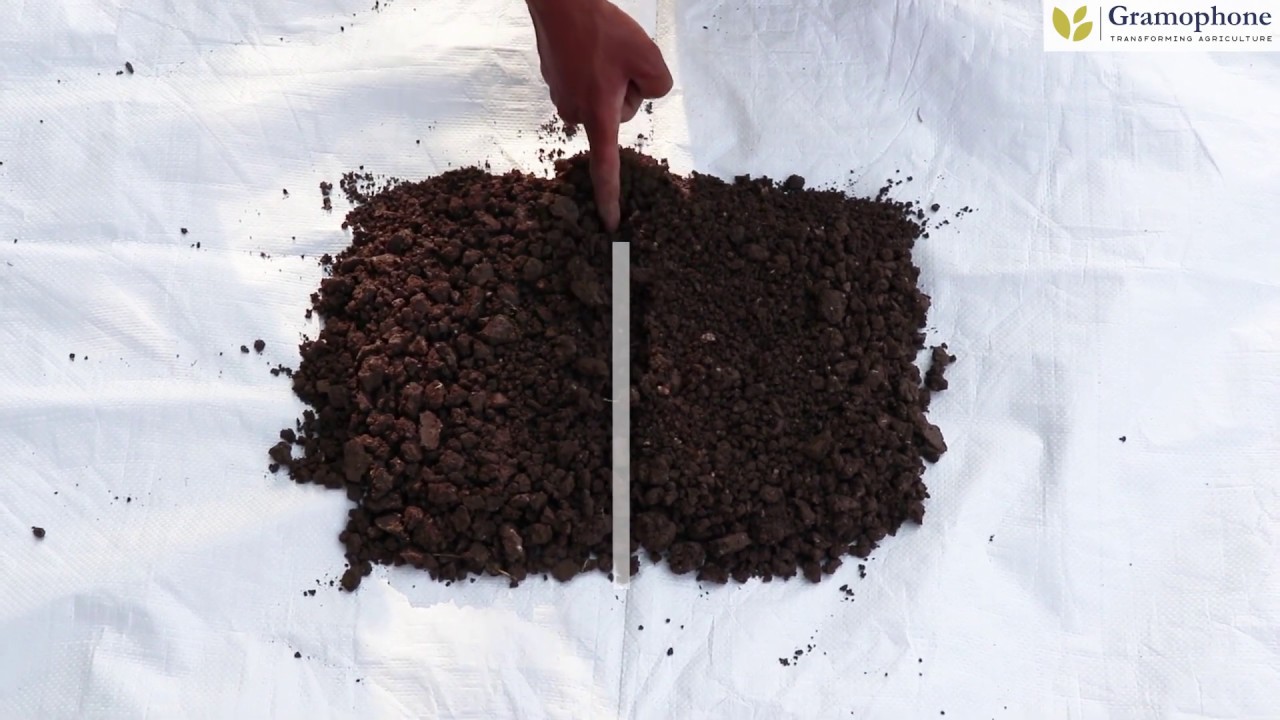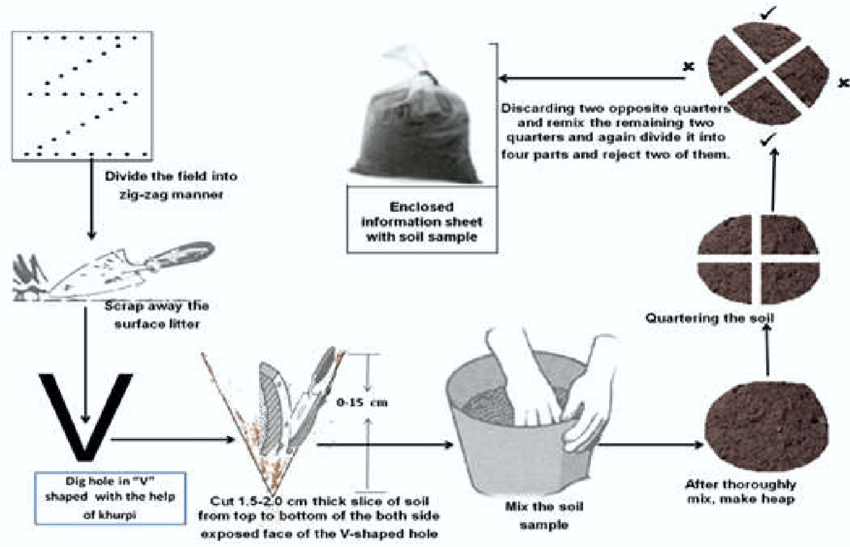- Soil testing can accurately detect the elements present in the soil. After their information, the available nutrients in the soil are found and accordingly the quantity of manure and fertilizer is recommended.
- That is, after soil testing, by giving a balanced amount of fertilizer, more benefit can be taken in farming and fertilizer cost can be reduced.
- Soil testing can detect soil pH, dissolved conductivity, organic carbon as well as major nutrients and micronutrients.
- The normal, acidic or alkaline nature of soil can be ascertained from soil pH value. Soil pH decreasing or increasing affects the growth of plants.
- Soil pH After finding out, suitable crop varieties are recommended in problem prone areas which have the ability to tolerate acidification and alkalinity.
- Soil pH between values 6.5 to 7.5 Nutrients are most commonly consumed by plants, and lime for acidic soil and gypsum for alkaline soil is recommended.
- Electrical conductivity can be known by soil testing, this gives information about the level of concentration or quantity of salts in the soil.
- Due to high concentration of salts in the soil, there is difficulty in absorption of nutrients by the plants.
- Soil testing can determine the fertility of the soil by testing organic carbon.
- The physical properties of soil such as soil structure, water holding capacity, etc. are increased by organic carbon.
- Organic carbon also prevents the leaching of nutrients.
- In addition, organic carbon is also very useful for the availability, transfer and conversion of nutrients and growth of microorganisms.
- Depending on the fertility of the soil, it helps to implement agricultural production and other useful schemes.
- Therefore, all these information shows how important soil testing is.

Gramophone



